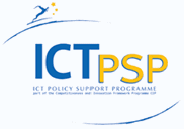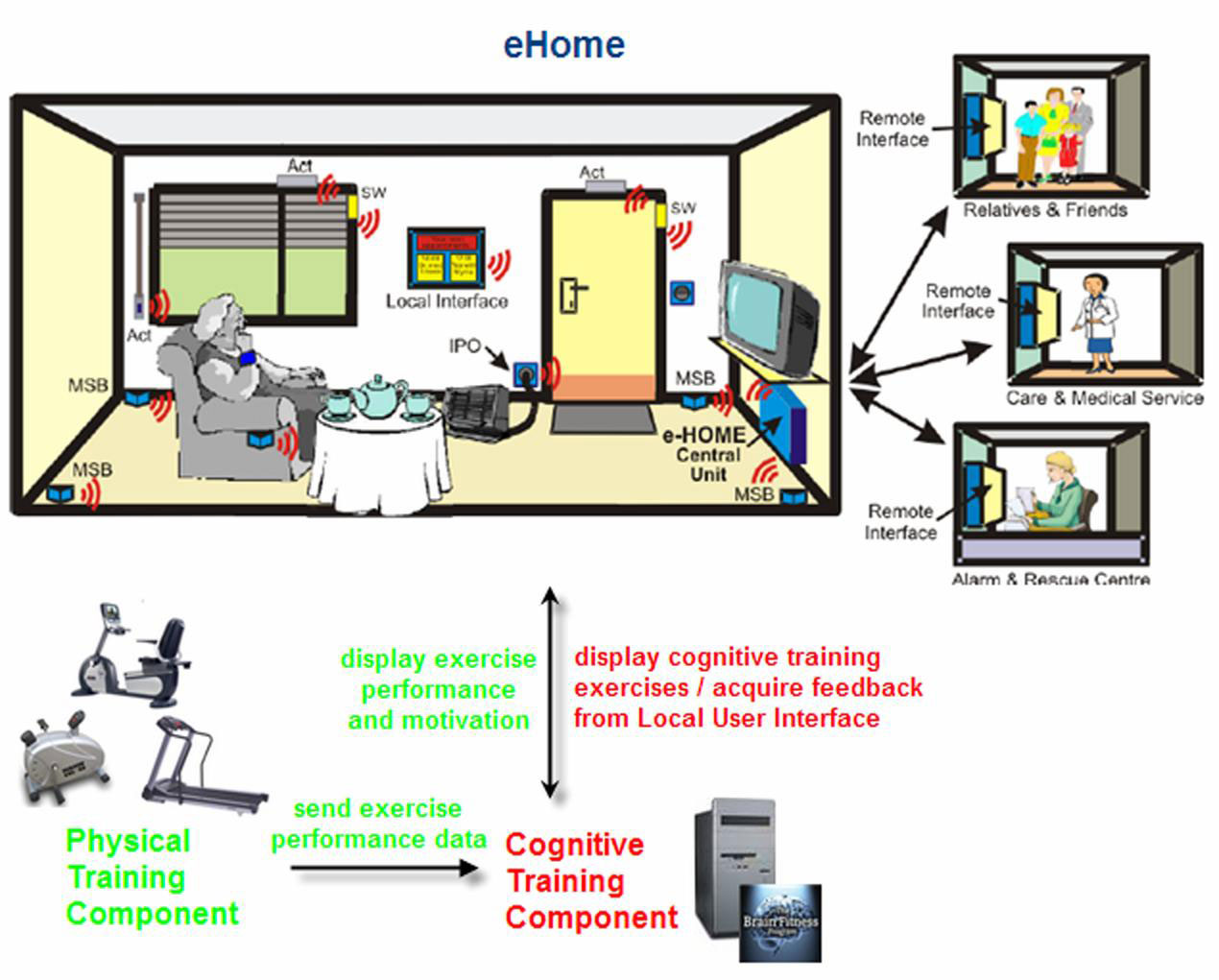








LLM (LongLastingMemories) - General overviewA unified solution for cognitive and physical health and autonomous living for senior citizensWhat is LLM?Long Lasting Memories (LLM) is an integrated ICT platform which combines state-of-the-art cognitive exercises with physical activity in the framework of an advanced ambient assisted living environment. By combining cognitive exercises and physical activity LLM delivers an effective countermeasure against age-related cognitive decline, thus actively improving the quality of life of the elderly. The LLM service can be installed in individual homes, day care centres, or more formal medical settings, enabling the accident-free, personalized and monitored physical and cognitive training of its users.Why is LLM needed?It is today widely documented that the Earth’s population is growing. Demographic trends are revealing: In 1950 the European countries had a population of age 65+ of 45 million; in 1995 the population of age 65+ had more than doubled to 101 million; by 2050 Europe will have 173 million people aged 65+. Eighteen out of the 20 countries in the world with the highest percentages of older people are in Europe. In these countries, between 13.2% and 17.9% of the population are over 65 years old. The UK Census 2001 found that, for the first time, there are more people over the age of 60 than there are children, with the greatest increase in the age group of 85 and over. EU countries are the oldest in the world and are expected to age further in the next decades, in connection to longer life expectancies.Furthermore, other social trends (more women at work, dispersed families) lead to old people who are limited in their homes (smart or not) or institutionalised and left to face social exclusion. The elderly can feel safe there, but the quality of life that is imposed to them is low, further aggravated by cognitive degeneration which follows lack of opportunities to actively participate in the society. LLM comes as a response to these problems, offering the elderly an opportunity to improve their cognitive and physical condition, and to continue feeling an active part of society. What are the LLM project activities?The LLM project runs from June 2009 to February 2011, and is partially funded under the ICT Policy Support Programme (ICT PSP) as part of the Competitiveness and Innovation Framework Programme by the European Community. During the project, the LLM service will be tested in real life situations in order to consolidate requirements and validate functionality of the solution. To achieve consistency of requirements and specifications across the whole value chain, the consortium contains a multidisciplinary team of partners encompassing a broad spectrum, from technology development to service providers, and including public authorities from each country that have responsibilities in the relevant area of care or supply of services.Four consecutive rounds of testing will take place in 5 EU Member countries (Austria, France, Greece, Spain, and the UK) for a period of 15 months, thus aiming for a wide impact on the entire Union. Effective cooperation of public authorities and private institutions will be pursued through extensive dissemination activities as an effort to promote a business model based on public-private-partnership. Who will participate in the testing?Testing will be focused upon elderly volunteers who will be screened and monitored throughout the course of the trials to provide high quality data quantifying the results of the LLM solution. In addition, the testing participants will provide feedback to help improve the solution. Testing will be conducted in accordance with relevant regulations for the protection of the participants; all test protocols will utilise good ethical practices and comply with European and national legislation.Testing participants, as well as end users of the service after testing is completed, will include_once: • People living at their houses, utilising the LLM monitoring environment and training services (“At Home” installation). • People visiting day care centres, utilising a centralised monitoring environment and using the training components as well (“Day care centre” installations). • People being hospitalised in clinical centres and hospitals, utilising a centralised monitoring environment, while following the cognitive training and using the physical training component as complementary to their physiotherapy sessions (“Hospital” installations). What is the technology behind LLM?The LLM platform is designed to comprise of three existing interoperable components which perform complementary and interactive tasks to provide the system’s services:• the Independent Living Component (ILC) • the Cognitive Training Component (CTC) • the Physical Training Component (PTC) The ILC is based on the eHome system, which is comprised of a network of distributed wirelessly operating sensors connected to an embedded system (the e-Home central unit). It include_onces features such as intelligent learning of normal and exceptional patterns of behaviour (dangerous situations or indicators for emerging health or social problems), raising of alarms and as an optionality controlling of elements which are typical for a smart-home environment. The CTC is designed to support the cognitive exercising procedure provided by specialised software. A variety of software can be used for this process; a careful selection and evaluation has been performed by the LLM partnership to identify the appropriate software for testing during the project and for completing customization and localization of this software as needed for the initial deployment and the pilot testing of the LLM system. The PTC is comprised by custom training equipment, according to specialised needs of the elderly. The only prerequisite for this equipment is to be able to provide exercise performance output. This signal will be hardwired to the rest of the system and its results will be processed by the CTC. 
Contact nfoPanagiotis D. BamidisAssist. Prof., Medical Education Informatics Lab of Medical Informatics Medical School, Aristotle University of Thessaloniki PO Box 323, 54124, Thessaloniki, Greece tel: +30-2310999310 fax: +30-2310999263 email: Bamidis@med.auth.gr CoordinatorAristotle University of Thessaloniki / Medical School, Greece (kedip.med.auth.gr) |